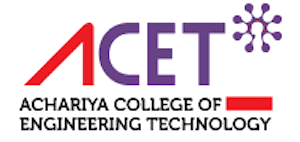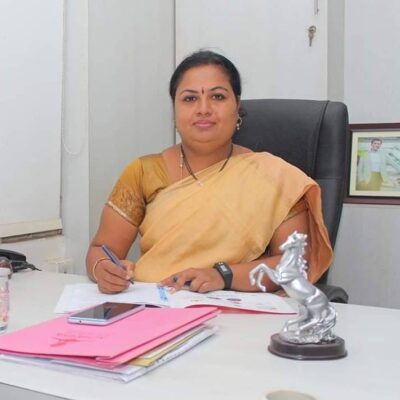Greetings from Achariya College of Engineering and Technology!!!!!
It gives me an immense pleasure to lead the department of computer science and engineering. The department of computer science and engineering was established in the year 2010 with the aim of imparting quality technical education to the student fraternity .The department starts with an intake of 60 ,present being 120. Computer science and engineering students are in high demands as for as industry, recruiters or concern. Our department faculties and students are constantly striving to excel in the field of computer science and engineering. The department constitute qualified and experienced faculties dedicates to strengthen effective teaching learning process.
The department is wide open to innovative ideas; we not only provide technical education to all students but also the leadership quality through which they can create employment to others. The Department aims in giving equal preferences to curricular, co- curricular and extracurricular Activities. The department has an excellent infrastructural and computing facility. We welcome you to browse the department website, whether you are a student, parent, alumni, a corporate partner, or a colleague, we want to hear from you. Your comments and suggestions will help us to move next level and provide us with encouragement and excellence.”
I wish all the students and faculty a great academic career.

